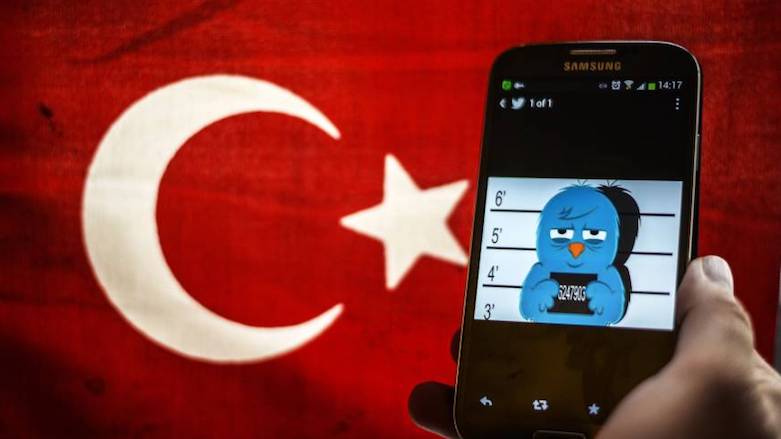Turkey’s control of the internet threatens upcoming elections: HRW

ERBIL (Kurdistan 24) – Human Rights Watch (HRW) and ARTICLE 19 on Wednesday issued a joint statement urging the Turkish government to stop threatening or throttling social media platforms in an effort to prevent the circulation of opposing views, leading up to the upcoming May 14 elections.
“The Turkish government has accelerated its efforts to enforce censorship and tighten control over social media and independent online news sites, ahead of the elections,” said Deborah Brown, senior technology researcher at Human Rights Watch.
Read More: Challenger in Turkey presidential race offers sharp contrast
“The vote will test whether voters in Turkey can rely on social media for independent news and to express their views on the elections and its outcome, despite government efforts to put companies under its heel.”
In recent years, Turkey has increased prosecutions of journalists and political opponents for online criticism, blocked opposing views and censored websites. Social media networks are often blocked during political unrest or anticipated criticism, as seen after the 2023 earthquakes.
The organizations stress the need for open social media platforms and messaging services. Respect for the human rights of the Turkish people to freely participate in democratic elections should be prioritized over profits.
Read More: Turkey should stop pre-election crackdown on Kurds: international organizations
The passage of new amendments in October 2022 regarding "public dissemination of misleading information" laws and harsher compliance measures to suppress online activity during elections are concerning. Non-compliant social media platforms face heavy fines and bandwidth restrictions.
“Social media companies may face intense pressure to remove content the government views unfavorably, including assessments from independent monitors,” said Sarah Clarke, director of ARTICLE 19 Europe.
“It is crucial for companies to resist these pressures and do everything in their power to push back against measures that would make them complicit in abusing rights during this critical election period.”
